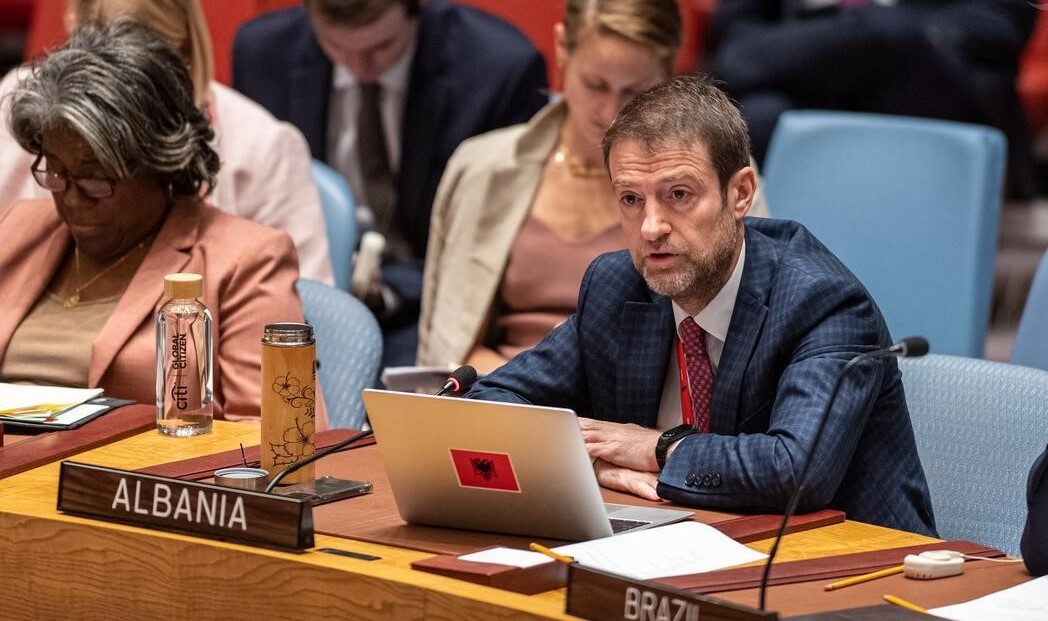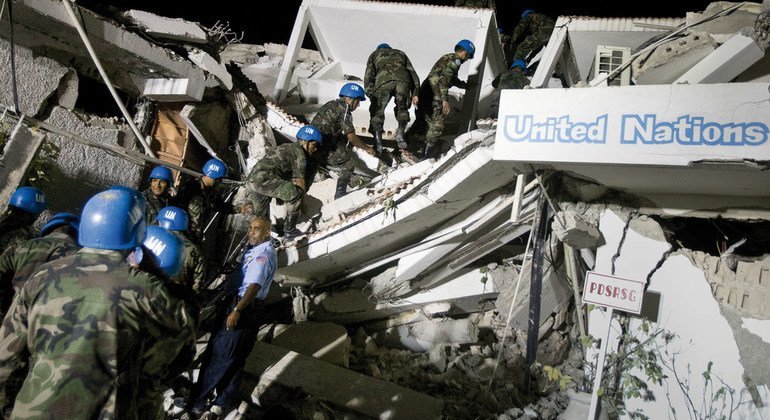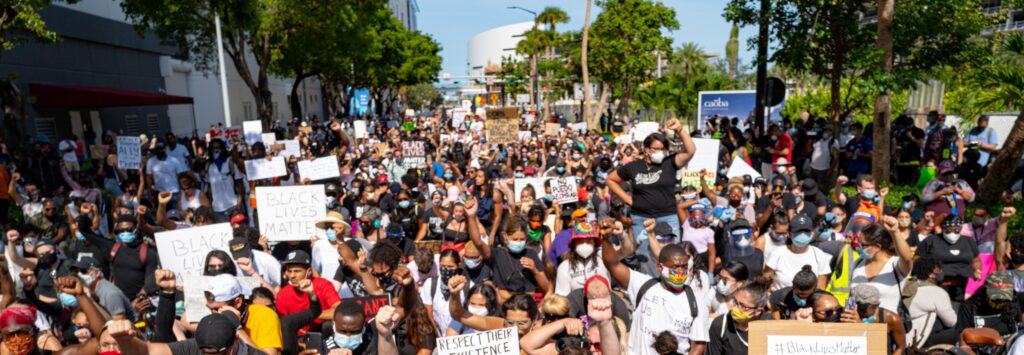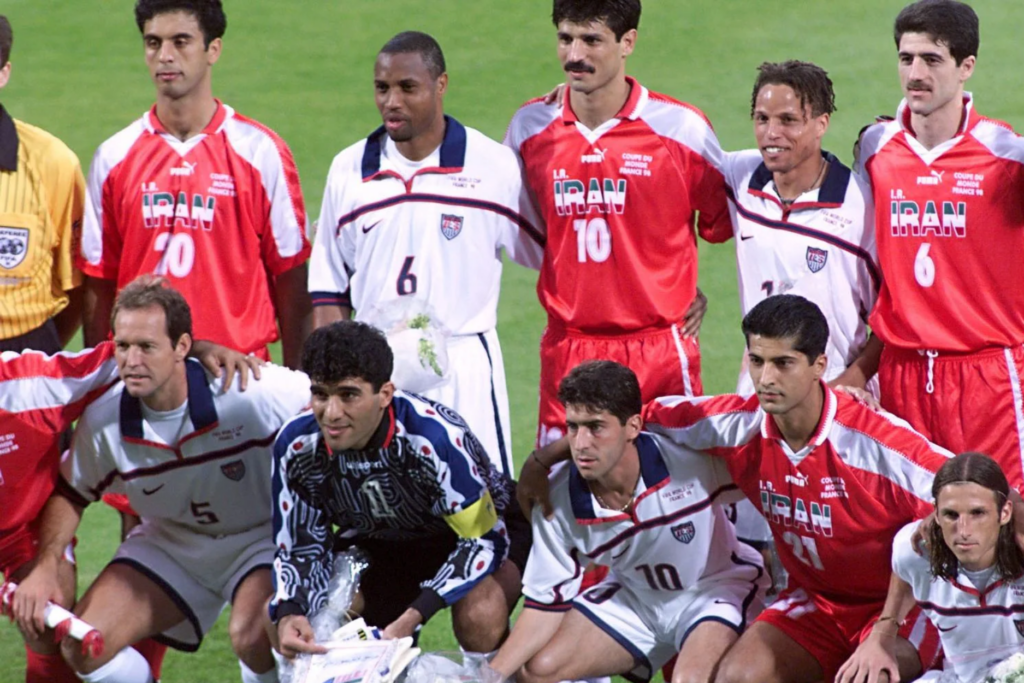Written by Faith Leslie
“Without multilateralism, the world would be in much worse shape. I cannot see the world without the UN for just a single day,” said Ambassador Ferit Hoxha to the UN Security Council (UNSC) in January.
Ambassador Hoxha – Albania’s Permanent Representative to the UN – was reflecting on his two-year tenure in the UNSC. The opportunity to publicly share insights on the experience of serving the Security Council is a long-held tradition in the UN. For Hoxha, that service was marked by escalating geopolitical events like Russia’s war in Ukraine and Israel’s war in Gaza – formidable challenges for a global coalition confronting ever-deepening divides.
Over these two years, Hoxha witnessed a Council comprised of “15 members and thousands of contradictions.” Nevertheless, he concluded that those “thousands of contradictions” are what make the Security Council indispensable.
So what can we learn from Albania’s two years on the Council? And what can these tests tell us about the preeminent body of the UN?
“Without multilateralism, the world would be in much worse shape. I cannot see the world without the UN for just a single day.”
Ferit Hoxha, Albania’s Permanent Representative to the United Nations
Measuring Success of the Security Council
During Ambassador Hoxha’s time on the Council, 43 resolutions were passed, including decisions on violence in Myanmar and women’s rights in Afghanistan.
For his own team, Ambassador Hoxha says that the inability to pass more motions often felt like “underperforming.” It was also a reminder to his colleagues that metrics for success in the Security Council are far more than a calculation of items passed or declined.
“It’s about what we’re able to deliver jointly – how much we did to convince others to have common decisions, to alert others to issues of importance.”
This perspective holds the Security Council as much more than a decision-making body, but rather a forum for global dialogue – a kind of incubator for global change that can be ideated on, negotiated and operationalized. Discussions over challenges in Haiti and the Democratic Republic of Congo, for example, helped shape innovative interventions, providing peacekeeping and humanitarian assistance to millions, working bilaterally and within unconventional alliances to best meet local needs amid urgent crises.
Ambassador Hoxha describes the Council as a place, “For us to stand up, talk truth, expose what we thought was not right, to fight for what we felt was right.”
The Challenging Process of Reform
Importantly, while the five permanent members of the Security Council (P5) may often dominate the spotlight, the Council is also evolving to bring other essential voices into the work.
Council practices like penholdership – where countries “hold the pen” in drafting Council resolutions – give smaller states like Albania the opportunity to influence discussions on pressing issues. In fact, Ambassador Hoxha notes that penholdership is one of the most important methods for distributing responsibility and leadership among members – especially less historically commanding ones.
Small-group collaboration also manifests through forums like the E-10 and the A-3 (European and African Security Council blocs), which offers smaller states an outsized voice in global problem-solving. These are critical steps in reimagining the Council to be more inclusive, relevant, responsive and culturally competent.
It’s not just about expanding membership on the Council, he says. Ambassador Hoxha believes that internal processes matter as much as structural ones. Indeed, for him, in addition to penholdership and better bloc-based negotiations, Hoxha looks to the sacred Council veto as an avenue for change. Described as the “original sin of the Council,” he argues that addressing stagnation caused by veto power is a fast path to greater efficiency and expediency.
Lessons Learned
Ambassador Hoxha’s conclusions underscore his belief that the Security Council remains imperfect — and necessary. In the end, as Hoxha stated, it is “important to be part of the table that sees so much hardship – where you’re energized by the hope that we can come together and do more.”
And that is what makes the Council and its mission more relevant than ever.
“It’s important to be part of the table that sees so much hardship – where you’re energized by the hope that we can come together and do more.”
Ferit Hoxha, Albania’s Permanent Representative to the United Nations




